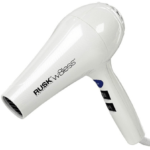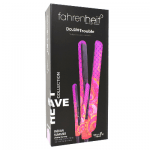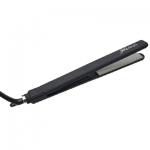No, serum is designed to make hair smoother and shinier, not frizzy.
This is because serum contains a combination of ingredients that help to tackle frizz and make hair more manageable.
The first ingredient in serum is silicones, which are derived from silicone polymers. These polymers create a protective barrier on the surface of the hair shaft, helping to seal in moisture and preventing humidity from penetrating the cuticles. This helps reduce frizziness by keeping out any excess moisture that could cause it. Additionally, silicones give your hair a smooth texture and enhance its shine.
Another component found in many serums is dimethicone copolyol, an emollient moisturizer that works to soften dry or brittle strands while also adding shine. It also helps protect against damaging UV rays so you can keep your locks looking healthy for longer periods of time without worrying about sun damage. Dimethicone copolyol further works to reduce flyaways by sealing off each strand with a lightweight film-like layer that resists heat styling tools like flat irons or curling wands as well as environmental elements such as wind and rain.
Finally, another key ingredient found in many serums is panthenol (vitamin B5), which acts like humectants by attracting water molecules into the scalp area while locking them into place once theyre therehelping keep strands hydrated throughout the day while reducing frizzy ends due to lack of moisture retention over time. Panthenol also adds volume to thinning hair when used regularly over an extended period of time; this makes it especially useful for those who have fine or limp locks!
Silicones are the first ingredient in serum and form a protective barrier on hair shafts to seal in moisture.
Dimethicone copolyol is an emollient moisturizer that adds shine, softens dry or brittle strands, and protects against UV rays.
Panthenol (vitamin B5) acts like humectant by attracting water molecules into the scalp area and adding volume to thinning hair when used regularly.


